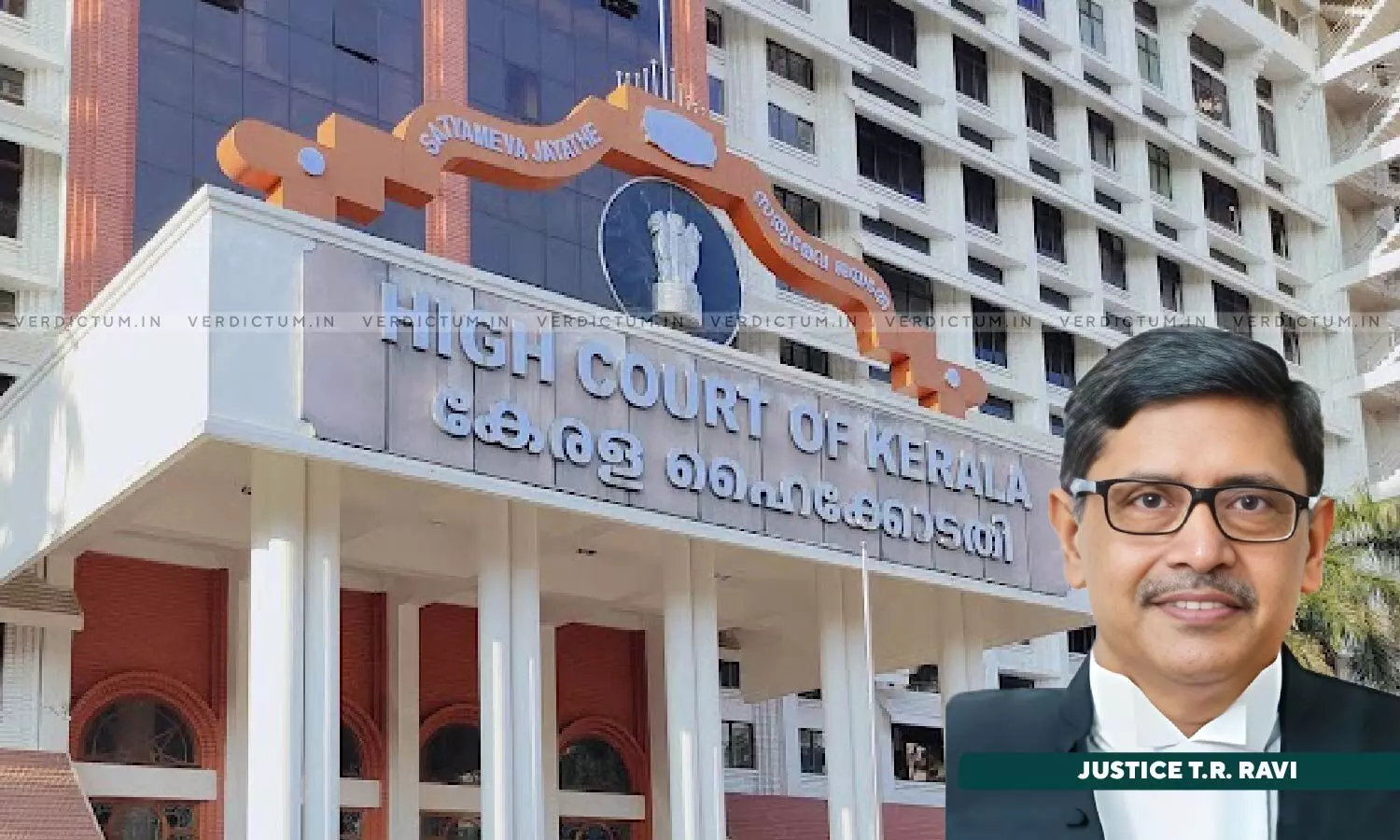
Correctness Of Answer Key A Purely Academic Matter; Cannot Be Reviewed By Writ Court: Kerala HC Dismisses Plea Challenging UGC/NET Answer Key
 |
|The Kerala High Court dismissed a petition challenging the UGC/NET answer key holding that the correctness of an answer key was a purely academic matter which courts could not review under Article 226 of the Constitution.
The Bench held that there was there is no reason for a ‘constitutional court’ to interfere with the decision-making process or the decision in the absence of mala fides or an intention to favour someone, or arbitrariness, irrationality or perversity.
A Single Bench of Justice T.R. Ravi observed, “The question regarding the correctness or otherwise of an answer key is a purely academic matter which is not an aspect that can be reviewed in the exercise of the extraordinary jurisdiction of this Court under Article 226 of the Constitution of India. This Court had on the earlier occasion directed consideration of the representation submitted by the petitioner and others, and pursuant to the judgment of this Court a committee of experts had been appointed to go into the question.”
Advocate R.Sanjith represented the petitioner, while CGC TC Krishna appeared for the respondents.
In 2022, the High Court directed the University Grant Commission (UGC) and National Testing Agency to consider the representation submitted by the petitioners following which a three-member committee for verification of the provisional answer keys.
The committee had rejected the petitioners' claim as erroneous as to if there could be two answers to the same question. Based on the same, the High Court rejected the writ petition.
After the petitioners challenged the findings of the report of the committee, the High Court explained that in the exercise of the extraordinary jurisdiction of a court under Article 226 of the Constitution, purely academic matters could not be reviewed.
“It is also settled law that the Court while exercising its power of judicial review is concerned with the decision-making process and not the decision as such and a mere disagreement with the decision-making process or the decision of the administrative authority is no reason for a constitutional court to interfere,” the Court remarked.
Accordingly, the High Court dismissed the writ petition.
Cause Title: Sindhu B.S. v. Union of India & Ors. (Neutral Citation: 2024:KER:32256)
Appearance:
Petitioner: Advocates R.Sanjith, C.S.Sindhu Krishnah and Alex John Pulimood
Respondents: CGC TC Krishna; Advocates H.Subhalekshmi, S. Krishnamoorthy S and Nirmal S